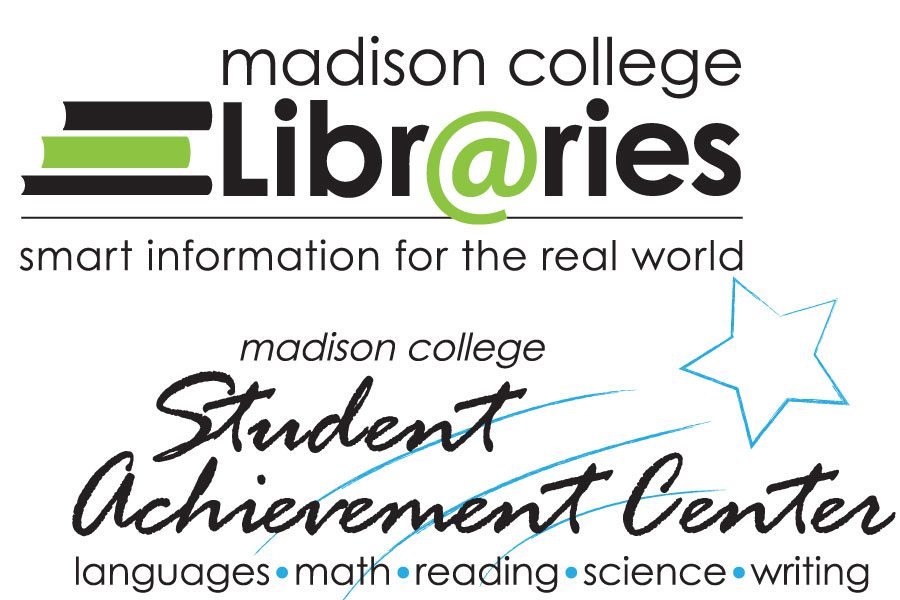Off The Shelf: Learn more about World Water Day
March 22, 2017
Water. It is all around us. We find it flowing freely from the tap, flowing in our rivers and lakes, and making up two-thirds of our bodies.
It is a prerequisite for human life. It is something that we as students, faculty, and staff of Madison College do not spend much time talking or thinking about. Yet, one in ten people around the world lack access to safe water, and one in three do not have access to a toilet.
Water.org, the Water Project, Billions for Change, the United Nations, the World Water Council, governments, researchers, and many others have been researching for decades the best way around this global crisis.
Today, March 22, marks World Water Day, a day to recognize the world’s fresh water crisis, learn about ongoing efforts, and discover ways we can all help.
World Water Day was founded in 1993 by the United Nations to get people to take actions that will help tackle the water crisis. Each year, a different topic related to fresh water is chosen as a theme. The theme for 2017 is waste water (fresh water that is wasted).
There are many ways we can all take action every day to help to reduce waste water. We can all pitch in by using only what we need, and collecting that which can be used again. Here are a few ideas:
- Kitchen water – any runoff from washing fruits, vegetables, your hands, can be collected in a basin and used for rinsing hands or dishes throughout the day.
- Pasta water – after cooking pasta, strain your noodles over a bucket to collect the water, then feed to your indoor or outdoor plants once cooled.
- Dehumidifier water – this could be used for soaking stained laundry, flushing, or mopping the floor.
- Cold shower water that you let run until the shower is warm – since this water is perfectly clean, you can drink it, cook with it, warm it and wash dishes with it, etc.
- Unused ice – put in a house plant and it will melt into the dirt.
- Recycled aquarium water – great food for plants.
- Roof runoff – watering flowers or other non-edible plants is a great way to use it.
These and other small steps can be found on the websites of the aforementioned organizations. Check them out to find even more ways that you can help preserve our most precious resource.
If you are interested in the topic of water shortage, make sure you check out the Libraries’ Overdue Book Club and Overdue Podcast for this semester where we will discuss water as a resource and climate change through a book called “Memory of Water,” which takes place long in the future when water is scarce.
Also, on this World Water Day, make sure to be grateful for the abundance of water in your life and not take it for granted. May your springs never run dry!































